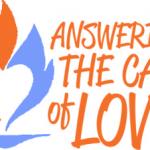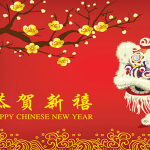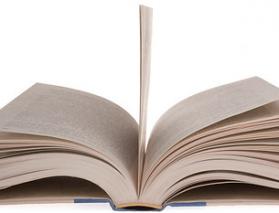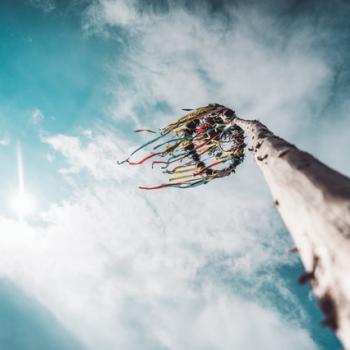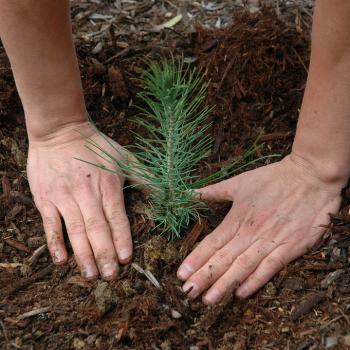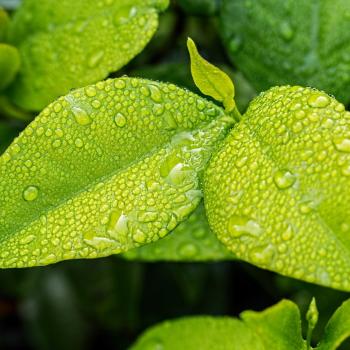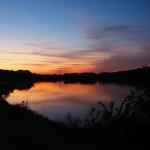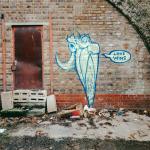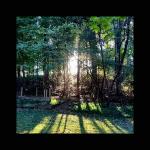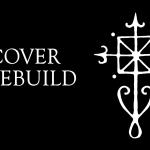
So, too, she describes how the braiding itself is best done with others — sharing the pull back and forth as one creates something new while also understanding that it comes from the earth, and from history.
Asking Questions
We as Unitarian Universalists center much of our lives around asking questions. It began hundreds of years ago, when we questioned how translations of sacred texts caused harms, when we interrogated corrupt systems of church institutions. We have continued this throughout our history, seeking to learn how to be better with each other and be better at creating healing and justice in the world. We as a denomination have not always been where we should be when it comes to progressive thought and liberation from oppression — both internal and external. But questioning the status quo, questioning the dominant culture, has been written into our religious DNA for over a thousand years.
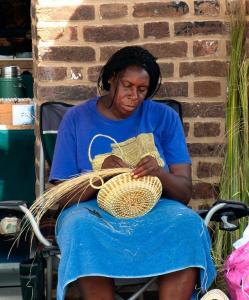 What many of us, especially those who are white, are coming to understand is that the dominant culture in which we swim has limited the kinds of questions we as UUs ask. It has limited our creativity, it has limited our trust in our sense of beauty and wonder as sources of experience. Systemic racism and oppression in Canada and beyond, and of indigenous people in particular, has limited the flourishing of all humans. This is why racism, especially systemic racism, is a problem for everyone, not just those who are oppressed.
What many of us, especially those who are white, are coming to understand is that the dominant culture in which we swim has limited the kinds of questions we as UUs ask. It has limited our creativity, it has limited our trust in our sense of beauty and wonder as sources of experience. Systemic racism and oppression in Canada and beyond, and of indigenous people in particular, has limited the flourishing of all humans. This is why racism, especially systemic racism, is a problem for everyone, not just those who are oppressed.
Our sixth source of faith is Earth-centered traditions, many of which comes from indigenous peoples in North America. We as UUs on this land cannot, in good conscience, use learning from the indigenous peoples among us, both within our UU communities and those outside of it, if we are also not committed to their freedom from oppression. We are not free until all of us are free. The lessons of Braiding Sweetgrass are that our fates are intertwined, that should the goldenrod falter in the field, the aster also suffers.


